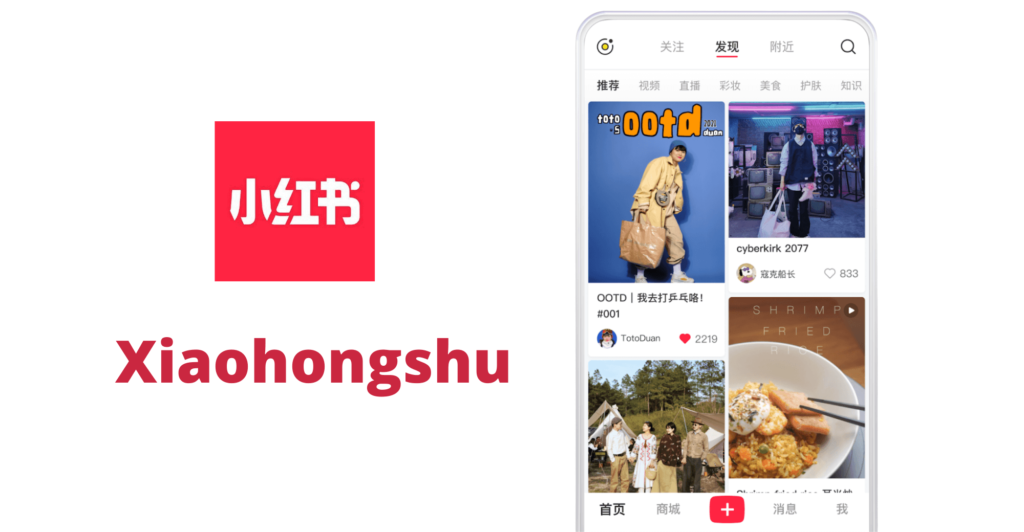So, the TikTok ban has been all over U.S. media spaces, and the users, now known as “TikTok refugees” are making a beeline for Xiaohongshu, also known as RedNote. And to those thinking it’s just another app gaining popularity, I kid you not, this is digital protest.
The primary driver behind this digital exodus is the potential ban of TikTok in the United States over concerns of data privacy and national security. But once TikTok goes dark, where do all its U.S. users go? With the possibility of losing their digital community and income streams, many U.S. users are actively seeking TikTok alternatives to continue their online content ventures. And what better way to do this than hop onto another Chinese app similar to the banned one?
The RedNote
Xiaohongshu, which translates to “Little Red Book” is a Chinese social media platform, said to blend Instagram and Pinterest into its interface. Many have found it the perfect alternative for TikTok, seeing as it showcases user-generated content but also with an inbuilt sales platform. Initially popular for beauty and lifestyle content, it allows users to share recommendations, travel experiences, and personal stories with focus on community-driven content.
Interestingly, the migration to Xiaohongshu isn’t just about finding a new platform, but also a subtle form of protest against the U.S. government. By embracing another Chinese-owned app, users are challenging the rationale behind the TikTok ban which targeted Chinese applications on the grounds of national security. The move questions the effectiveness of such bans in a globally connected digital ecosystem, and indeed critics are noting that RedNote might end up facing the same fate as TikTok.
That said, the TikTok refugees haven’t had an entirely smooth transition to this new land. For starters, Xiaohongshu is predominantly a Chinese-language platform, which has been a significant barrier to English users. So much so, that Duolingo registered an increase in users opting to learn some Mandarin these past few weeks.
Xiaohongshu too has had to scramble around hiring English-speaking content moderators to cater for the new use cases. Besides, the platform adheres to China’s strict censorship laws which affects the type of content that can be shared and discussed. Communities like the LGBTQ+ have had their accounts banned because of some of these content restrictions.
This, to me at least sheds light on the impact of geopolitical decisions on digital interactions. Internet users are resourceful, they always find new spaces to connect and express themselves. Today it’s RedNote, at one time it was chatrooms, Facebook groups, and pages… digital communities adapt.
As the situation unfolds, it will be intriguing to see how these dynamics play out and what new digital pathways emerge.




